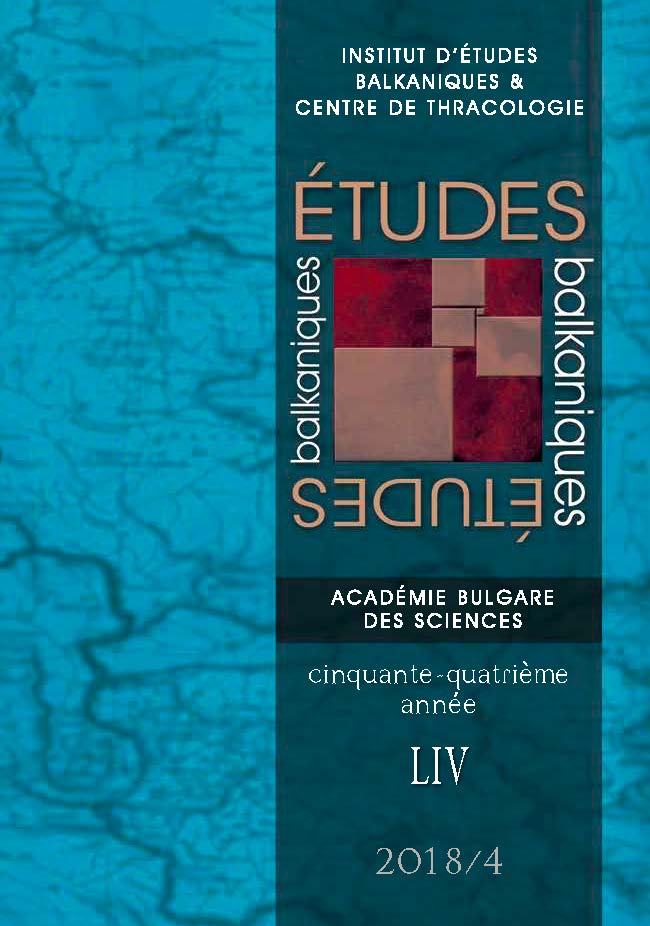TUDJMAN AND CROATIA’S DISTANCING FROM EUROPE
TUDJMAN AND CROATIA’S DISTANCING FROM EUROPE
Author(s): Irina Ognyanova-KrivoshievaSubject(s): History, Social Sciences, Sociology, Social history, Recent History (1900 till today), Special Historiographies:, Nationalism Studies, Post-War period (1950 - 1989), Transformation Period (1990 - 2010), History of Communism, Cold-War History, Post-Communist Transformation, Ethnic Minorities Studies
Published by: Институт за балканистика с Център по тракология - Българска академия на науките
Keywords: Nationalism; Tudjman; European Union; Croatia; 1990s
Summary/Abstract: On 1 July 2013 Croatia became part of the European Union, but that happened nine years after Slovenia. The Croatian nationalism, flourishing in the 1990s was hostile to the very idea of united Europe. In 1991 – 1992 when a great part of the Croatian territory was under Serbian control, the Western countries supported and recognized the new state. But this positive image quickly changed after its participation in the war in Bosnia and Herzegovina, and especially after the military operation “Storm” in 1995, when around 300,000 Serbs were forced to leave the country. As a result, European politicians did not invite Croatia in 1997 to start negotiations for accession to the EU. In late 1990s the country was in complete international isolation. Tudjman was against every initiative for regional or European cooperation. Building its own independent state Croats were very suspicious to all mega-national projects and initiatives.
Journal: Études balkaniques
- Issue Year: 2018
- Issue No: 4
- Page Range: 621-639
- Page Count: 19
- Language: English
- Content File-PDF

